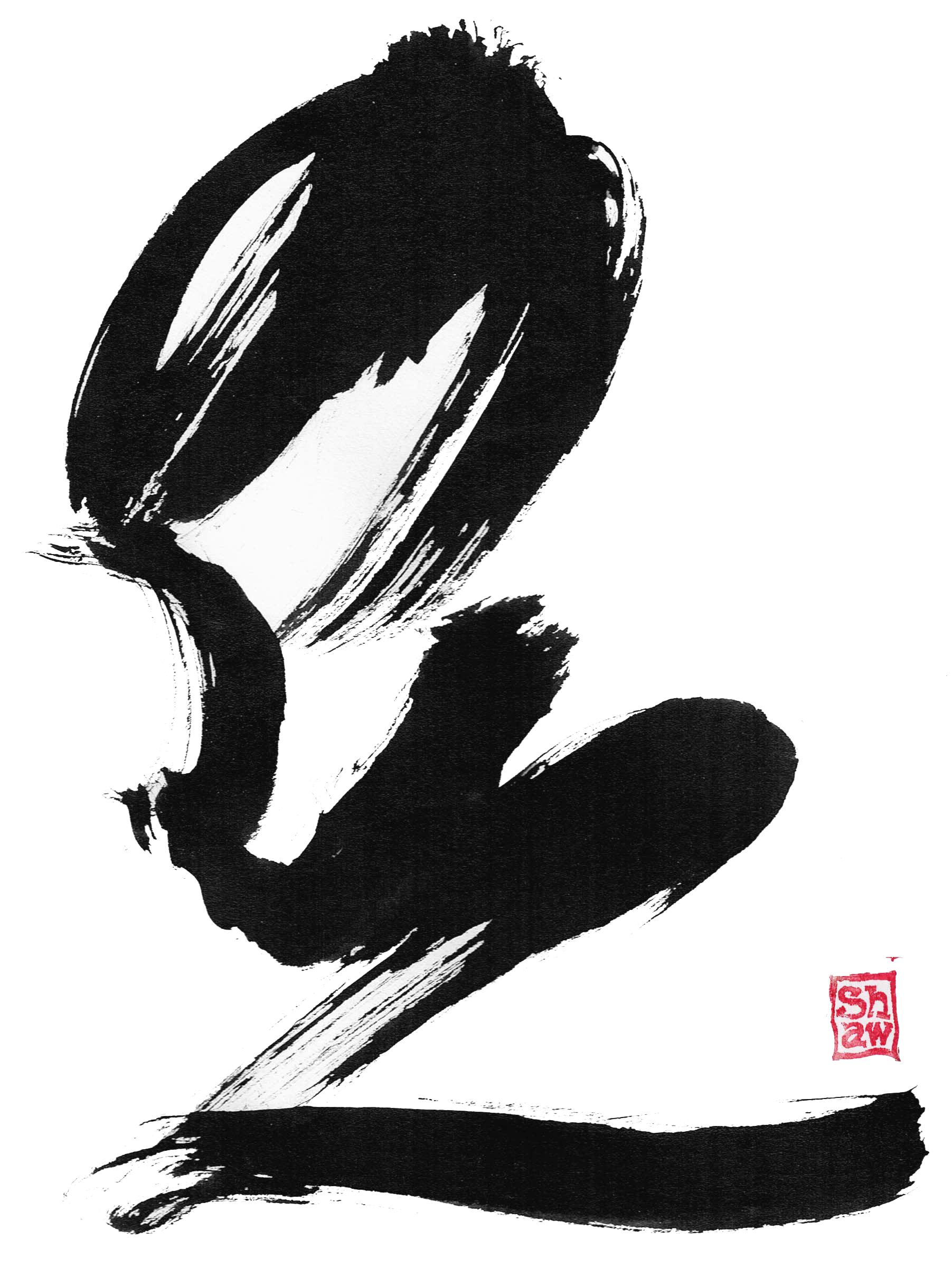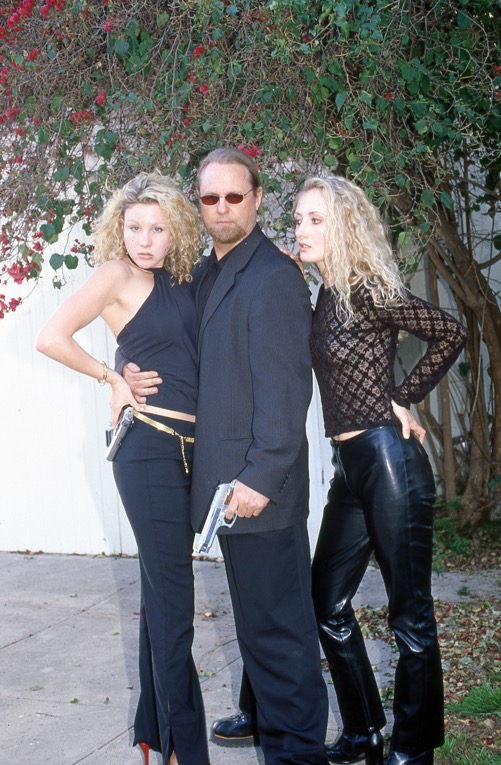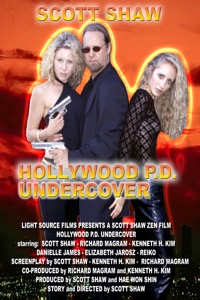Scott Shaw Hollywood P.D. Undercover



Scott Shaw Hollywood P.D. Undercover
A Neo-Noir Gem
Released in 2002, Hollywood P.D. Undercover is a film by Scott Shaw that follows the gritty adventures of Detective Jake Blade, an undercover cop navigating the dark underbelly of Los Angeles' glamour capital. However, opinions on the film vary greatly, leaving you to decide if it's a hidden gem or a forgettable B-movie.
Here's what you need to know:
• Genre: Neo-noir, crime thriller
• Director/Writer/Star: Scott Shaw
• Plot: Detective Blade infiltrates the criminal underworld of Hollywood, encountering gangsters, seductive femmes fatales, and dangerous situations.
• Critical Reception: Reviews are mixed. Some praise the film's neo-noir atmosphere, Shaw's acting, and its exploration of Hollywood's dark side. Others criticize its low budget, B-movie feel, and clichéd plot.
• Availability: You can find "Hollywood P.D. Undercover" on Amazon Prime Video and YouTube.
Beyond the basics:
• The film is heavily influenced by classic noir films, featuring elements like voice-over narration, sharp dialogue, and morally ambiguous characters.
Diving into the Underbelly
An Exploration of Hollywood P.D. Undercover: A Scott Shaw Zen Film
Scott Shaw's, Hollywood P.D. Undercover (2002) is a unique cinematic experience, blending elements of gritty noir, documentary realism, and personal philosophy. This essay delves into the film's exploration of morality, identity, and the dark side of Hollywood, examining its key features and potential interpretations.
A Detective's Journey: The film revolves around Detective Jake Blade (played by Shaw himself), an undercover officer navigating the seedy underbelly of Hollywood. He infiltrates criminal circles, blurring the lines between cop and criminal, raising questions about loyalty and the nature of good and evil. This morally ambiguous journey reflects the Zen philosophy emphasized in the film's title, where duality and self-reflection are central tenets.
Blurring Reality and Fiction: The film's documentary-style approach blurs the lines between reality and fiction. Shaw interacts with real people on the streets and incorporates unscripted moments, adding a layer of authenticity. This unconventional technique immerses the viewer in the detective's world, creating a sense of immediacy and challenging our perception of what constitutes "truth" in cinema.
The Darkness of Dreams: Hollywood P.D. Undercover doesn't shy away from exposing the darker side of Hollywood's dream factory. Through Blade's interactions, the film portrays the city's struggles with drugs, prostitution, and violence. This gritty realism contrasts with the glamorous facade often associated with Hollywood, prompting viewers to question the underbelly beneath the glitz and glamour.
Searching for Zen: Despite the film's bleak setting, Zen philosophy offers a potential path towards transcending moral ambiguity. The concept of "emptiness" (shunyata) is explored, suggesting that good and evil are not fixed categories but fluid concepts. This philosophical layer invites viewers to contemplate the complexities of human nature and the possibility of finding peace amidst darkness.
Beyond the Surface: While the film presents a compelling narrative, its true depth lies in its open-ended nature. Shaw's minimalist style leaves room for individual interpretation. The ending, devoid of clear resolution, encourages viewers to reflect on the film's themes and draw their own conclusions. This ambiguity underscores the Zen emphasis on personal exploration and individual experience.
A Cult Classic: Hollywood P.D. Undercover remains largely unknown to mainstream audiences, yet it holds a special place among cult film enthusiasts. Its unconventional approach, philosophical exploration, and gritty portrayal of Hollywood's underside resonate with those seeking unique cinematic experiences.
Conclusion: Scott Shaw's Hollywood P.D. Undercover: A Scott Shaw Zen Film is more than just a crime thriller. It's a philosophical exploration of morality, identity, and the dark side of dreams. Through its unique blend of documentary realism, gritty noir, and Zen philosophy, the film invites viewers to question their perceptions and embark on a personal journey alongside Detective Blade. While its open-endedness and minimalist style might not appeal to everyone, the film's depth and originality continue to intrigue cinephiles seeking films that challenge and provoke.

Hollywood P.D. Undercover DVD
Hollywood P.D. Undercover on YouTube
Hollywood P.D. Undercover on Amazon Prime Video